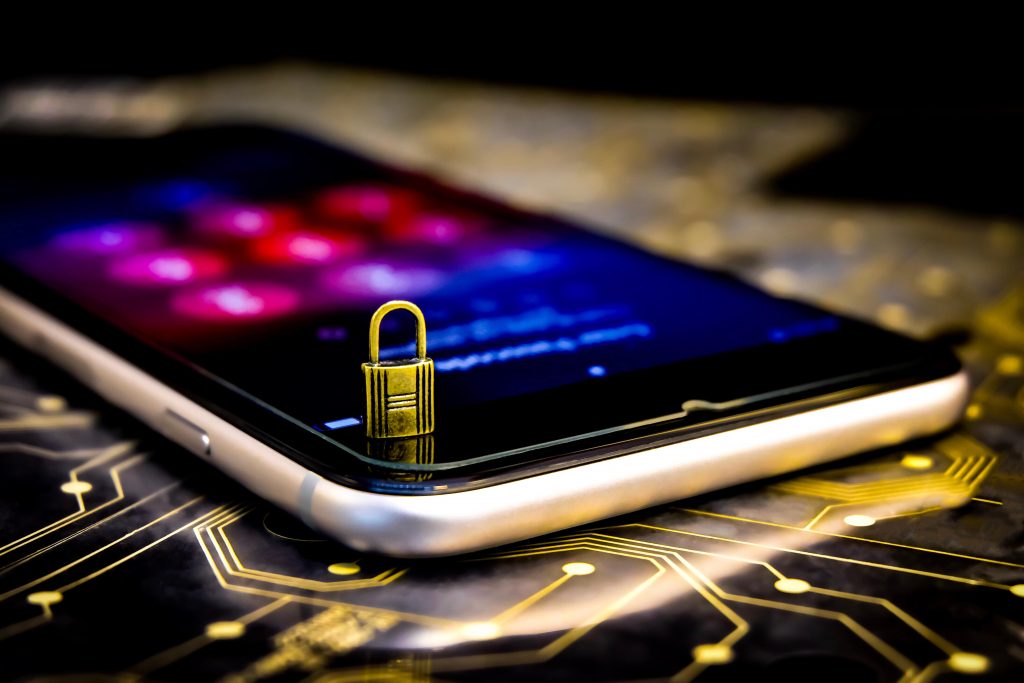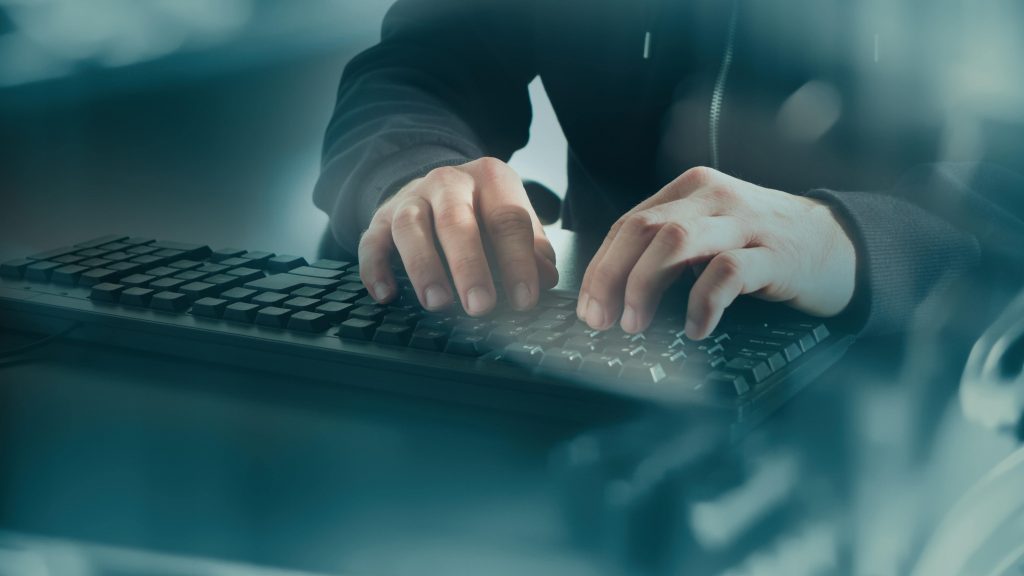
In today’s work-from-home era, cybersecurity has become more crucial than ever. With the majority of private investigators operating remotely, securing sensitive information and safeguarding against cyber threats is paramount. As investigators handle highly confidential data during their assignments, they are not only at risk themselves but also potentially endangering the privacy and security of their clients.
Cybersecurity refers to the practices and measures taken to protect against unauthorized access, use, disclosure, disruption, modification, or destruction of information. It involves implementing safeguards to reduce the risk of cyber incidents and security threats, ensuring the integrity, confidentiality, and availability of data.
In this article, we will explore cybersecurity best practices specifically tailored for private investigators. We will discuss the importance of multi-factor authentication and the secure use of mobile devices, as they are often targeted by cyber actors. We will also examine the significance of network security and the detection of suspicious activities or network breaches.
Overview of Cybersecurity Best Practices
Implementing cybersecurity best practices is essential in today’s digital landscape, where cyber threats continue to evolve and pose significant risks to individuals and businesses alike. Taking preventative measures and managing cyber risks are crucial steps to safeguard sensitive information and maintain secure operations.
One important aspect of cybersecurity is the creation and management of strong passwords. Private investigators should develop complex passwords that include a combination of uppercase and lowercase letters, numbers, and symbols. It is also vital to change passwords regularly to minimize the risk of unauthorized access. Utilizing a password manager can simplify the process of generating and storing secure passwords, protecting against password-related security breaches.
Another key element of cybersecurity best practices is the early detection of threats. Private investigators play a crucial role in monitoring and mitigating network damage by identifying suspicious activities and promptly responding to potential cyber incidents. By conducting regular network audits and employing intrusion detection systems, investigators can quickly identify and address security breaches, minimizing the potential impact on sensitive data.

Cyber Threats and Potential Risks
Private investigators face a range of cyber threats and potential risks that have the potential to compromise sensitive information and impact national and economic security. These threats can adversely affect a wide array of sectors, from government agencies to private businesses.
One significant cyber threat is the proliferation of cyber incidents, including network breaches and malicious activity. Private investigators must be aware of the various types of security incidents, such as phishing attacks, malware infections, and ransomware attacks. These incidents can lead to unauthorized access, data breaches, financial losses, and reputational damage.
The impact of these cyber threats extends beyond individual organizations. National security systems can be compromised, leading to the potential for espionage, sabotage, and the theft of sensitive governmental information. Economic security is also at risk, as cybercriminals can target financial institutions, business partners, and critical infrastructure, causing disruptions and financial losses.
Private investigators should be specifically aware of incidents like business email compromise, where cybercriminals impersonate business executives to deceive employees into transferring funds or sensitive information. Additionally, threats to national security systems, such as those faced by intelligence agencies or airport security, must be closely monitored.
To mitigate these risks, private investigators should adopt best practices such as multi-factor authentication, network intrusion detection systems, and regular security audits. By maintaining a culture of security and implementing robust security policies, private investigators can play a vital role in safeguarding national and economic interests from the ever-evolving landscape of cyber threats.
Multi-Factor Authentication and Security Policies
Multi-factor authentication (MFA) is an essential cybersecurity measure for private investigators. It adds an extra layer of protection by requiring users to provide multiple forms of identification, such as a password, fingerprint, or biometric scan, before accessing sensitive data. Implementing MFA significantly reduces the risk of unauthorized access, even if passwords are compromised.
In addition to MFA, private investigators should establish comprehensive security policies to safeguard their digital assets. These policies outline guidelines for creating strong and unique passwords, regular password changes, and the use of two-factor authentication (2FA). Strong passwords with a combination of upper and lowercase letters, numbers, and symbols help prevent unauthorized access. Regularly changing passwords is crucial as it makes it harder for bad actors to gain access over time. Employing 2FA, which requires an additional authentication code from a separate device or application, provides an extra layer of security against unauthorized access attempts.
It is vital for all employees to be involved in understanding and addressing computer system vulnerabilities. Creating a culture of electronic security helps establish a unified front against cyber threats. Educating employees about the risks of cyberattacks, training them on proper cybersecurity practices, and encouraging a proactive approach to reporting suspicious activities can significantly strengthen an organization’s overall security posture.
Network Security and Culture of Security Implementation
Network security is of utmost importance for private investigators to protect their sensitive information and ensure the integrity of their operations. Implementing a culture of security within their practices is key to maintaining a secure environment for different private investigation techniques.
One critical step in securing the network is identifying and encrypting sensitive information. Private investigators handle a wide range of confidential data, including client information, case notes, and financial records. It is essential to identify this data and encrypt it to prevent unauthorized access in case of a breach.
Regularly running anti-malware programs is another crucial best practice for network security. Malware such as viruses, spyware, and ransomware pose significant threats to the confidentiality and availability of data. By executing regular scans, private investigators can detect and remove any malicious software that may have infiltrated their network.
In addition, private investigators should restrict unauthorized software downloads to minimize the risk of introducing malware or other security vulnerabilities. By implementing strong access controls and monitoring software installations, they can prevent employees from inadvertently downloading malicious programs.
To secure sensitive data during transmission, private investigators should employ secure connections, such as virtual private networks (VPNs) or encrypted email services. These protocols encrypt data in transit, making it difficult for unauthorized individuals to intercept and access the information.

Federal Government’s Role in Establishing Cybersecurity Standards & Regulations
The Federal Government plays a critical role in establishing cybersecurity standards and regulations to protect the American people’s security and privacy. Recognizing the evolving threat landscape and the need for a coordinated response, the government has implemented various initiatives to enhance cybersecurity practices.
One way the Federal Government addresses this issue is by setting cybersecurity standards and regulations for both government agencies and private sector organizations. These standards provide a framework for organizations to establish robust cybersecurity practices, ensuring the protection of sensitive data and critical infrastructure.
To ensure a more secure cyberspace, the Federal Government also partners with the private sector. This collaboration allows for the sharing of threat intelligence, best practices, and resources. By working together, the government and private sector can leverage each other’s expertise to enhance overall cybersecurity capabilities.
An important milestone in the Federal Government’s cybersecurity efforts is the Executive Order on Improving the Nation’s Cybersecurity. This order emphasizes the need to prioritize cybersecurity across federal agencies and establishes a more unified approach to cybersecurity. It directs federal agencies to adopt specific cybersecurity practices, including implementing multi-factor authentication and encryption.

Conclusion
In conclusion, cybersecurity is a critical topic for private investigators in the modern era. With the growth of digital technologies, the risks associated with cyber threats have increased exponentially. To mitigate these risks, private investigators should develop and adhere to best practices for data security and privacy protection. These include establishing secure methods of communication, being aware of potential threats on a regular basis, using secure software and networks, and ensuring that all employees are properly trained and knowledgeable in cybersecurity best practices. By following these steps, private investigators can help protect their clients’ information and data from malicious actors and cybercrime.





